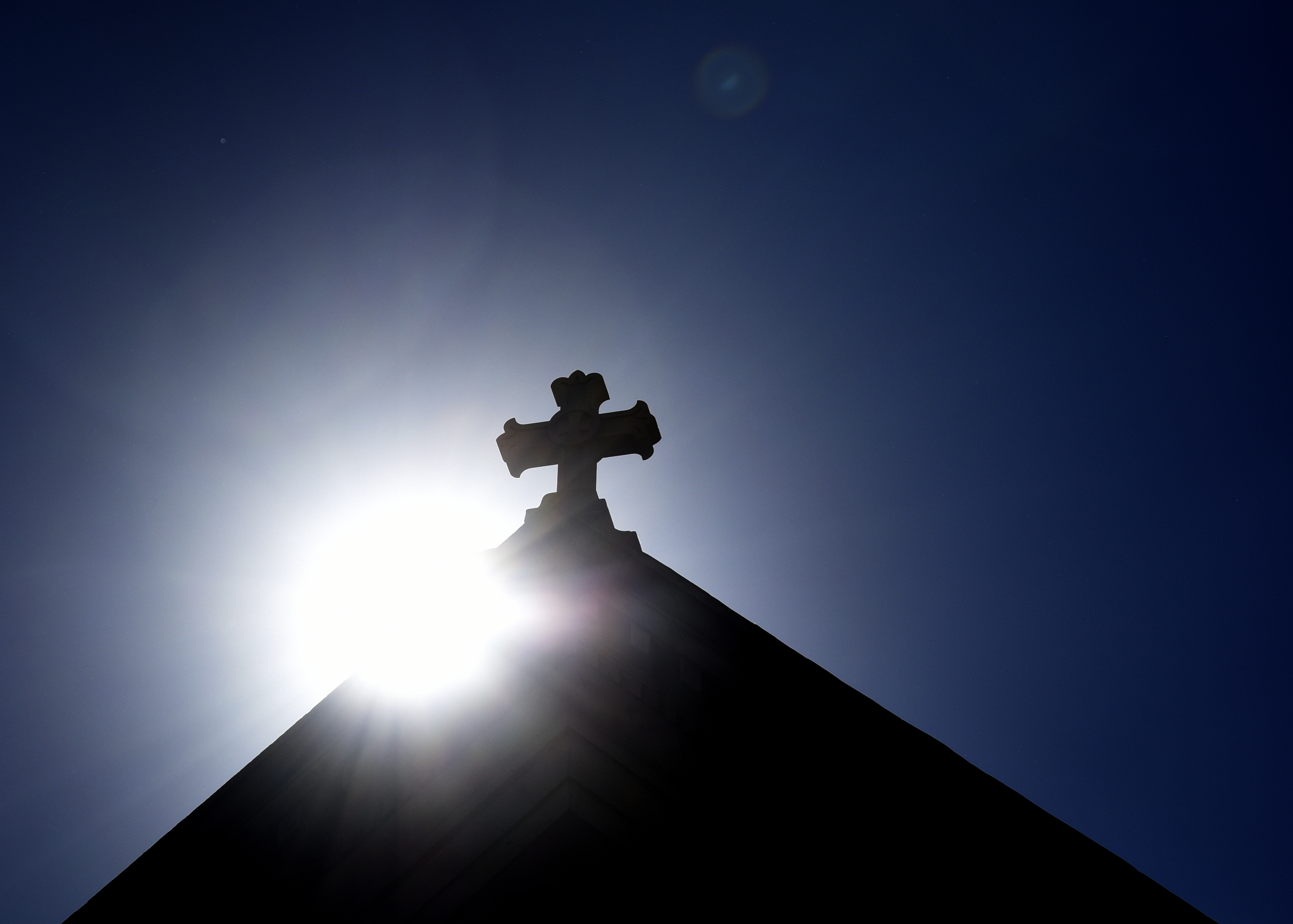The Catholic Church has issued a warning to its clergy in Washington state: Any priest who complies with a new law requiring the reporting of child abuse confessions to authorities will be excommunicated.
https://www.newsweek.com/catholic-church-excommunicate-priests-following-new-us-state-law-2069039



Slippery slope is a type of fallacy. It isn’t fallacious always.
'in its barest bones, a slippery-slope argument is of the following form:
“If A, which some people want, is done or allowed, then B, which most people don’t want, will inevitably follow. Therefore, let’s not do or allow A.”
The fallacy occurs when that form is not fleshed out by sufficient reasons to believe that B will inevitably follow from A’
(https://intellectualtakeout.org/2016/03/not-every-slippery-slope-argument-is-a-fallacy/)
Saying that this would create a precident to include other crimes being required to be reported is not fallacious.
That’s just blatantly incorrect. They’re not required to report on stuff they’re told in confessionals and that’s all. They’re still required to report on crimes they witness, just like everyone else. Do you think lawyers are t required to report crimes they witness?
Yes, just as a lawyer would have to do when questioned about a client. Anything they did outside of attorney-client privledge they must speak about, it’d be the same for the clergy. It’s not an issue for lawyers, so I don’t see an issue for the clergy.
In an ideal world they could hear the confessional and check up on the victim. I’m sure this won’t always happen, but it may. If they’re required to report it, they’ll never be told, so can’t act on it.
I don’t like religion, and especially organized religion. However, this steps too far into a government that forcing it’s way into people’s lives that I don’t like.
Is this intentionally bad faith, or just a deep misunderstanding of the legal system?
If a lawyer is a witness to a crime that their client committed, and is involved in proceedings related to that crime, they have to recuse themselves from representing the client. They literally cannot be that person’s lawyer anymore. They keep all information already held under attorney client privilege, but any future information is no longer protected.
They also have the bar - a legal association specifically dedicated to ensuring that lawyers all comply with the law. If they break the law in the course of their duties, the association exists to prevent them from ever practicing law again.
It’s not perfect, but it’s something.
It’s not the same for the clergy. A priest can be witness to whatever, and there’s no legal obligation to stop being the person’s priest or hearing their confessions. But there is a tremendous amount of evidence that clergy associations have been exclusively dedicated to ensuring that clergy never face the law at all.
Privledged information is protected, yes. Not other information.
An association of legal professionals, not a legal association. It is private.
Sure, I’d advocate for something like that, though the clergy does have administration that regulates them also. You can argue they should be more strict, but it does exist.